Looking to brush up on your ancient Chinese wisdom? Here's a rundown of the Middle Kingdom's five greatest philosophers.
1. Confucius (孔子)
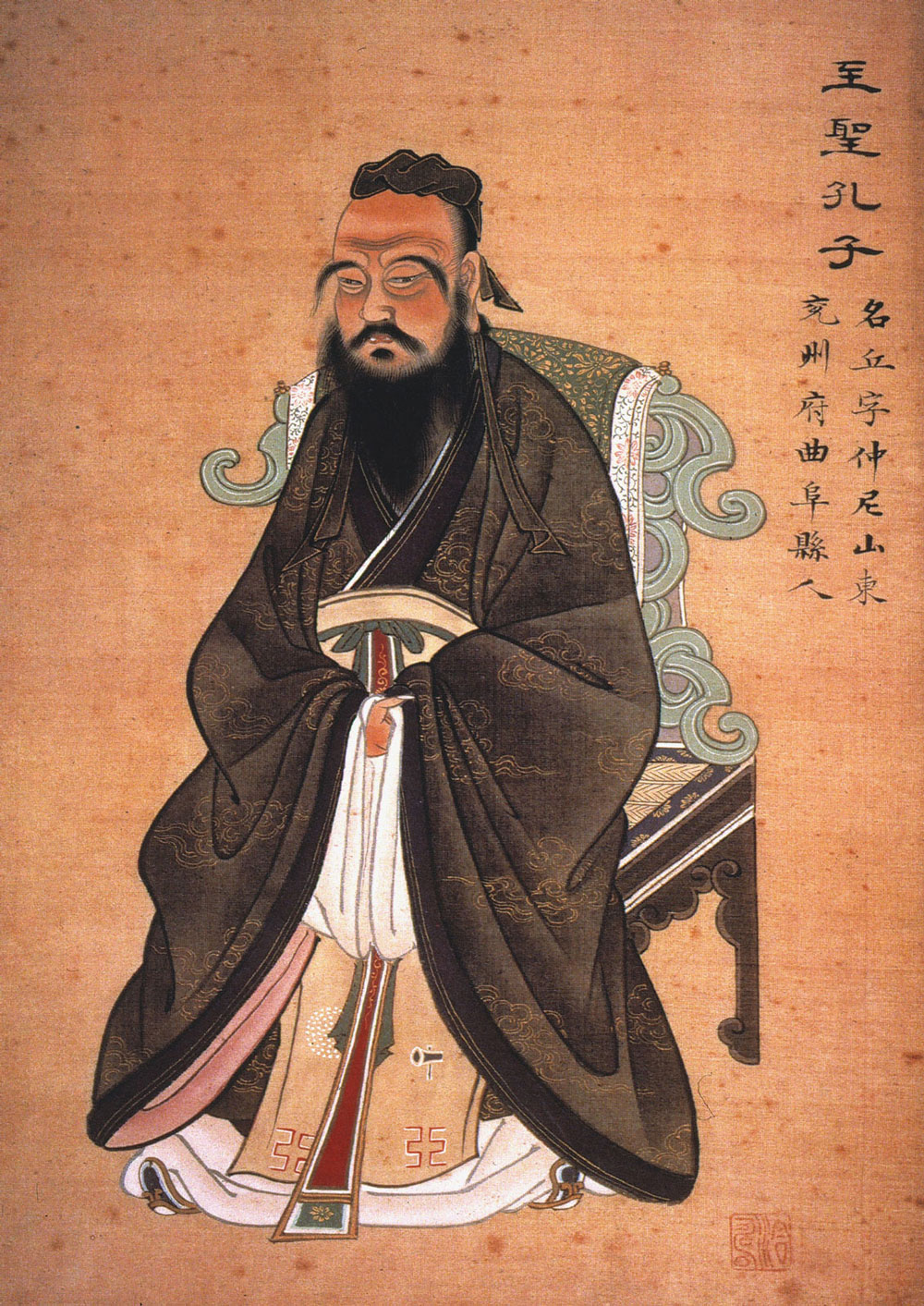
Image via Wikimedia Commons
The product of a big ugly lump of a 70-year-old retired warrior named Kong He and his 16-year-old concubine, Confucius – from Kong Fuzi, literally ‘Master Kong’ – was born in 551 BC in Zou, Lu State, in what is present day Shandong province.
His father died when he was just three, and his mother and he were disowned by his wives, so they left for the prosperous city of Qufu. Unattractive, awkward and shy, Confucius was also set apart from other children by his insatiable curiosity and love of learning. From an impoverished single-mother family, he also had to hustle to make ends meet, working various jobs from cowherd to clerk to bookkeeper.
As the only person who ever loved him, Confucius was a momma’s boy, and her death when he was 23 saw him mourn for three years. Alone in the world, without money or family connections, all he had was his learning in a realm ruled by brute force, where ruthless warlords seized land and enslaved the common people.
His luck was in – one such brute warlord recognizing the talents of this unsightly giant (legend has it Confucius stood at 9’6” - it was probably more like 6’, but still enough to tower over most men) and put him in charge of his granaries. Confucius grew tired of the life though, and dreamed of being a great minister. Haunting the libraries of Qufu, he devoured histories and classical poetry looking for the key to China’s future.
Confucius said...
"By three methods we may learn wisdom: first, by reflection, which is noblest; second, by imitation, which is easiest; and third by experience, which is bitterest."
Confucius didn’t say...
"Man who make mistake in elevator, wrong on many levels."
His answer: education, plenty of it, and for all. He had no time for class bias, preaching a meritocracy that would see talentless sons of emperors reduced to commoners and gifted sons of peasants elevated to the rank of ruler. His school brought the poorest together with the highest born on a shared quest to become ‘superior men’ - an aristocracy of noble character, not noble birth.
To invoke serious change, however he needed political power. And while rulers would heap praise on him, none would offer him a position. Finally, in 501 BC, a young Duke of Lu named Ding made Confucius a governor, and he got to put his ideas into action.
As well as decreeing that poor children and the elderly be fed at the expense of the state, Confucius also effected some unusual changes, such as his order that women and men must walk on opposite sides of the street (having separated from his own wife, perhaps he simply wanted to avoid bumping into her...)
Espousing the well-known principle, “do not do to others what you do not want done to yourself,” he championed strong family loyalty, ancestor worship, respect of elders by their children and husbands by their wives. His vision was one of concentric circles emanating from the ‘superior man,’ on to the family, neighborhood, society, nation and then world, believing that with “the loving example of one family, love radiates through the state; its kindness becomes the kindness of society.”
The wily warlords were far from impressed by this peacenik reformer empowering the peasantry they got rich subjugating, however, and hatched a seductively simple plan, sending a gift of 80 beautiful dancing girls to Duke Ding. Reforms soon slipped to the back of the red-blooded young ruler’s mind, and Confucius left Ding to wander the land looking for a new prince to patronize him.
He was met with a mixture of hostility and – worse – indifference, and eventually returned to Lu aged 68, where he taught his disciples and edited the poems and histories he loved. In 479 BC, at the age of 73, the most influential thinker in Chinese history died. Unaware of the legacy he would have over East Asia, his last words were the frustrated plea, “Will no ruler come forward and take me as their master?”
Essential reading: Confucius - A Philosopher for the Ages
2. Sun Tzu (孫子)

Image via Wikimedia Commons
It is Gordon Gekko’s bible in Wall Street, a James Bond baddie uses it to take a bullet and when Tony Soprano declared it “much better about strategy” than Machiavelli’s The Prince, sales of it skyrocketed. Written some 2,500 years ago, The Art of War continues to influence Eastern and Western thinking on military matters... and much more.
Compiled during the late spring and autumn period (722–481 BC) by Sun Wu – better known as Sun Tzu – a military general serving under King Helü of Wu (544–496 BC), the book is composed of 13 chapters each devoted to an aspect of warfare, from battlefield stratagem to the use of spies. Rather than a saber-rattling call to arms, however, Sun considers war a necessary evil, one that must be avoided whenever possible.
“If you know both yourself and your enemy, you can win a hundred battles without jeopardy.”
— Sun Tzu
A major theme is the importance of understanding your strengths and limitations, as well as those of your foe, “if you know both yourself and your enemy, you can win a hundred battles without jeopardy,” says Sun. Not allowing your foe to know you is key, summed up by the declaration that, “All warfare is based on deception. When we are able to attack, we must seem unable; when using our forces, we must appear inactive; when we are near, we must make the enemy believe we are far away; when far away, we must make him believe we are near.”
While leaders from Mao Zedong and General Douglas MacArthur have drawn inspiration from the book, the text’s tips on how to outsmart an opponent so that physical battle is not necessary has found it applied to many competitive endeavors that do not involve actual combat, with hundreds of Sun Tzu titles on the market.
Business books apply its lessons to office politics and corporate strategy, with many Japanese companies making the book required reading for key executives. It has been the subject of law books and legal articles on the trial process, including negotiation tactics and trial strategy, and even applied to the field of education.
Eight-time Super Bowl winning NFL coach Bill Belichick used its lessons to gain insights in preparing for games. The Australian cricket team have cited it as an influence, while Brazilian coach Luis Felipe Scolari made his World Cup squad of 2002 study the ancient work during their successful campaign.
Essential reading: Sun Tzu - The Ultimate Master of War
3. Lao Tzu (老子)
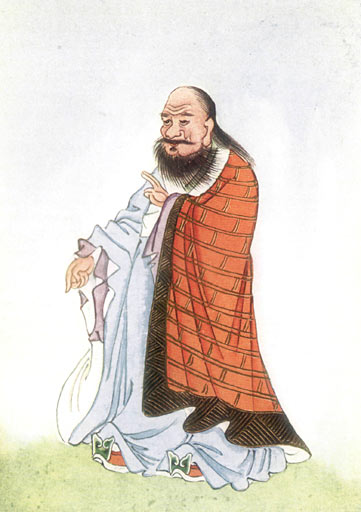
Image via Wikimedia Commons
“A good traveler has no fixed plans, and is not intent on arriving.” Winnie the Pooh is said to embody his philosophy and George Lucas used his concept of The Way as The Force for his Jedis, while historians argue he may be a work of fiction himself. As the author of the Tao Te Ching, Lao Tzu (otherwise known as ‘Laozi’) is considered the father of Taoism and revered as a deity and ‘One of the Three Pure Ones,’ along with Confucius and Buddha.
“To know that you do not know is the best. To pretend to know when you do not know is the disease.”
— Lao Tzu
It is variously contended that Laozi is a synthesis of multiple historical figures, that he is a mythical figure or that he actually lived some time between the 6th–4th century BC. We probably shouldn’t worry too much about it though, after all, “To know that you do not know is the best. To pretend to know when you do not know is the disease.”
Essential reading: Lao Tzu: The Eternal Tao Te Ching
4. Zhuangzi (庄子)
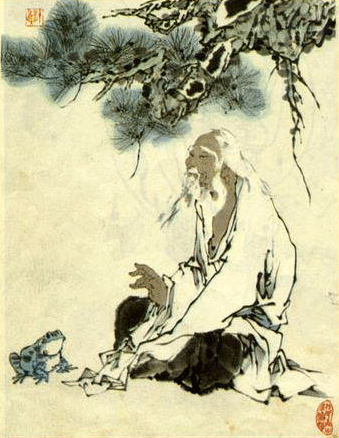
Image via Wikimedia Commons
A minor 4th century BC official from the town of Meng in modern Anhui province, Zhuangzi was a follower of Lao Tzu, and satirized and exposed the disciples of Confucius. Said to be “the world’s first anarchist,” he argued the world “does not need governing; in fact it should not be governed,” and that “good order results spontaneously when things are let alone.”
“Good order results spontaneously when things are let alone.”
— Zhuangzi
He contended that life is limited and knowledge to be gained unlimited, and that using the limited to pursue the unlimited is foolish, a skeptical philosophy perhaps best summed up in his most famous saying: “I dreamed I was a butterfly, flitting around in the sky. Then I awoke. Now I wonder: Am I a man who dreamt of being a butterfly, or am I a butterfly dreaming that I am a man?”
Essential reading: Zhuangzi - Enjoyment of Life in an Untroubled State
5. Mencius (孟子)
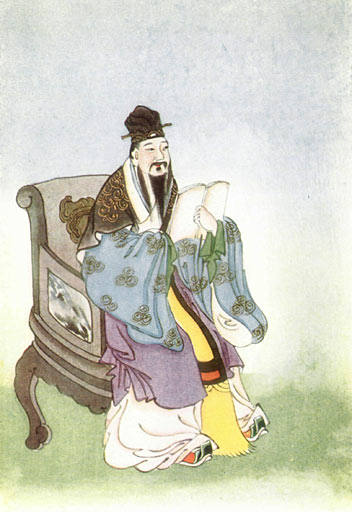
Image via Wikimedia Commons
Mencius, or Mengzi (372–289 BC) is considered China’s "second Sage," after only main man Confucius himself, whose birthplace was just 30 kilometers away from his own. Like Plato to Socrates, Mencius was one of the principal interpreters of Confucianism, and is said to have been a pupil of Confucius's grandson, Zisi. And, like his philosophical inspiration, he was also a massive momma’s boy, his father having died when Mencius was very young.
One of the most famous traditional Chinese four-character idioms is 孟母三遷 (literally: 'Mencius's mother moves three times'); referring to the legend that Mencius's mother moved houses three times before finding a location that she felt was suitable for the child's upbringing.
Very poor, at first they lived by a cemetery, where mother found son imitating the paid mourners in funeral processions. Mother decided a move was for the best. The next house was near a market in the town, where the boy began to imitate the cries of nouveau riche merchants. Mother decided a move was for the best. She finally found a house next to a school. Inspired by the scholars, Mencius began to study. Mother decided to stay put.
"He who exerts his mind to the utmost knows his nature."
— Mencius
Like Confucius, Mencius traveled throughout China for 40 years (aside from three years off to mourn his mother's death) offering advice to rulers for reform. He asserted the innate goodness of the individual, believing that it was society's influence that caused bad moral character. "He who exerts his mind to the utmost knows his nature" and "the way of learning is none other than finding the lost mind," were two famous phrases he would utter to any ruler he could bend the ear of.
Alas, like Confucius, his ideas gained little traction (society's wicked influence had clearly gotten its teeth into the rulers of the day). Disappointed at his failure to effect change, he retired from public life. His thinking lives on though; his book of conversations with kings of the time is one of the Four Books core to orthodox Neo-Confucian thought. It seems Chinese history remembers momma’s boys more kindly than their contemporaries.
Essential reading: Mencius - A Benevolent Saint for the Ages
Want all five books? You can order the whole set here.
Plus, we’ve got not one, but two special gifts for our readers! From March 1 to 31, we are giving away a free set of postcards (20 pcs/set) for book purchases over RMB199. Together there are four sets of gorgeous postcards for you to choose from. Just leave a message upon checkout to specify the theme you want. There are four themes in total:
The Story of the Forbidden City
Tibet, Time Paradise
Memory of Chengdu in Photos
Memory of Old Beijing's Hutongs
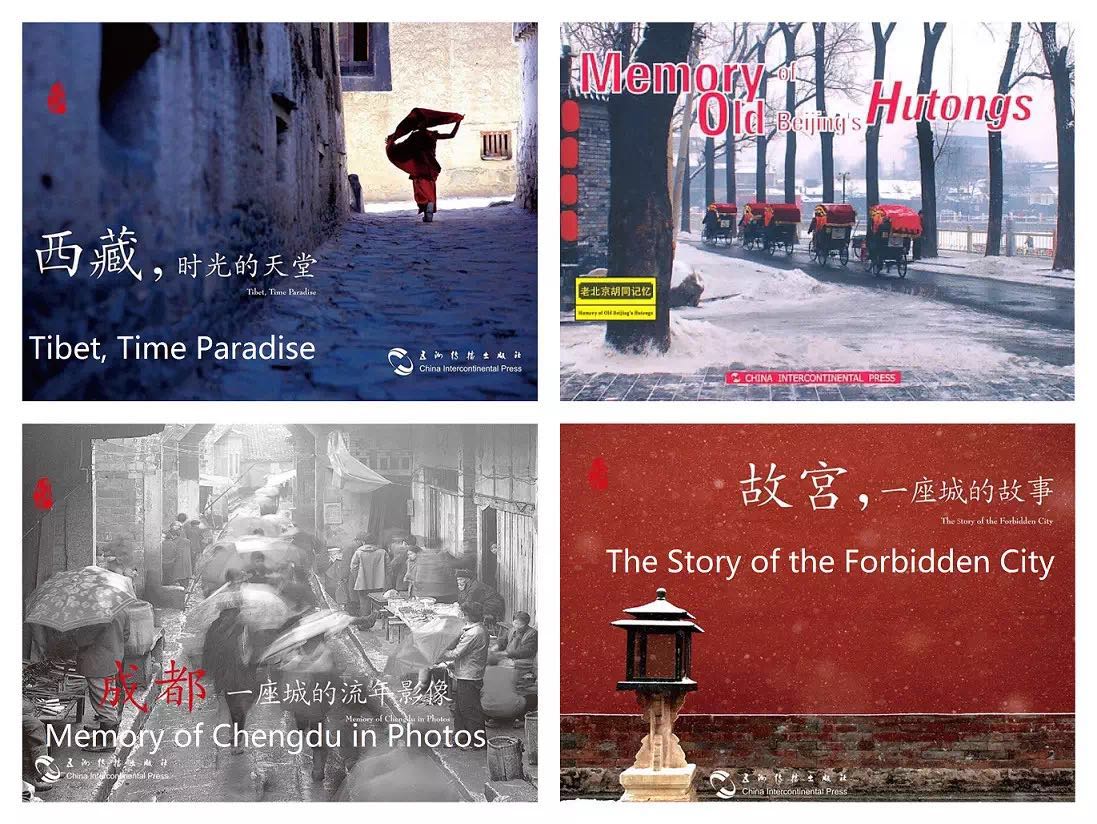
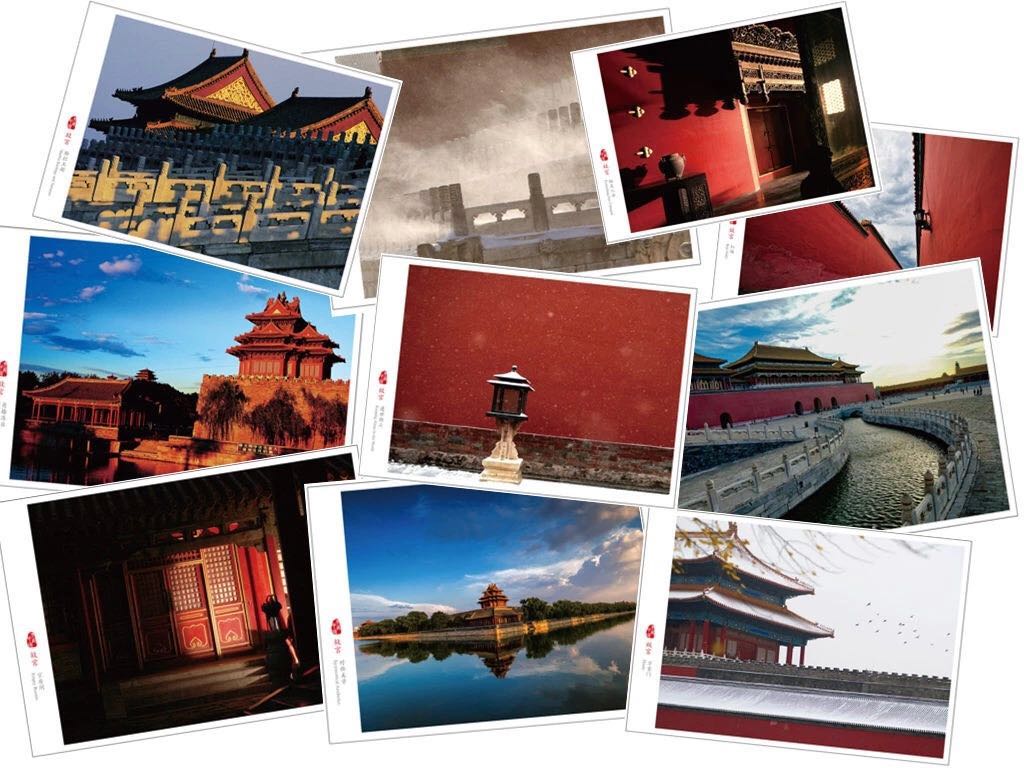
It gets better! Spend over RMB299 and you'll receive a free beautifully designed 'ancient' notebook. These notebooks feature a selection of poems and lyrics from the Tang and Song Dynasties, translated by the legendary Xu Yuanchong. The bilingual Chinese and English poems are printed alongside classic Chinese paintings, and there's plenty of space in the blank margins for you to take notes and record your personal thoughts.

There are two notebook editions to choose from:
"To See Within One Day All Flowers on the Trees"
"Time and Tide Will Not Wait For a Man Forlorn"
Leave a message upon checkout to specify which edition you want.

Click here to see more books from China Intercontinental Press.
About thMart
thMart is a new one-stop online shopping site that lets customers buy a range of products seamlessly, from anywhere, on the go, with shipping available across China. Compatible on both desktop and mobile, customers can login through WeChat, with their mobile number or by registering directly on the platform. For business opportunities, please email us at thmart@urbanatomy.com.
Click here to browse through thMart's catalogue of products. Extract the QR code below to follow thMart on WeChat:

Cover image via thMart
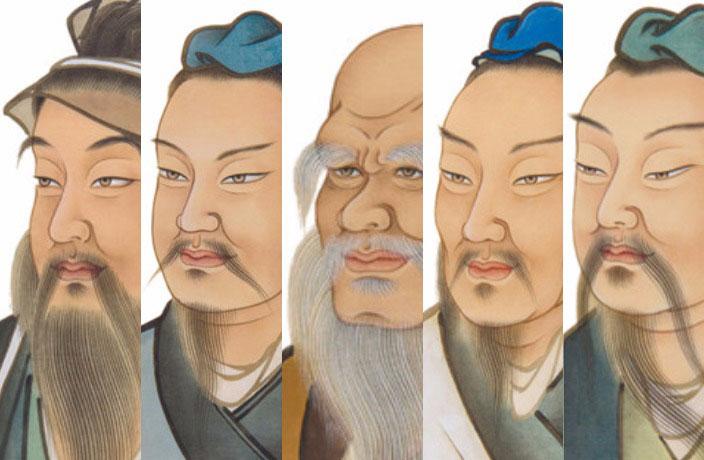





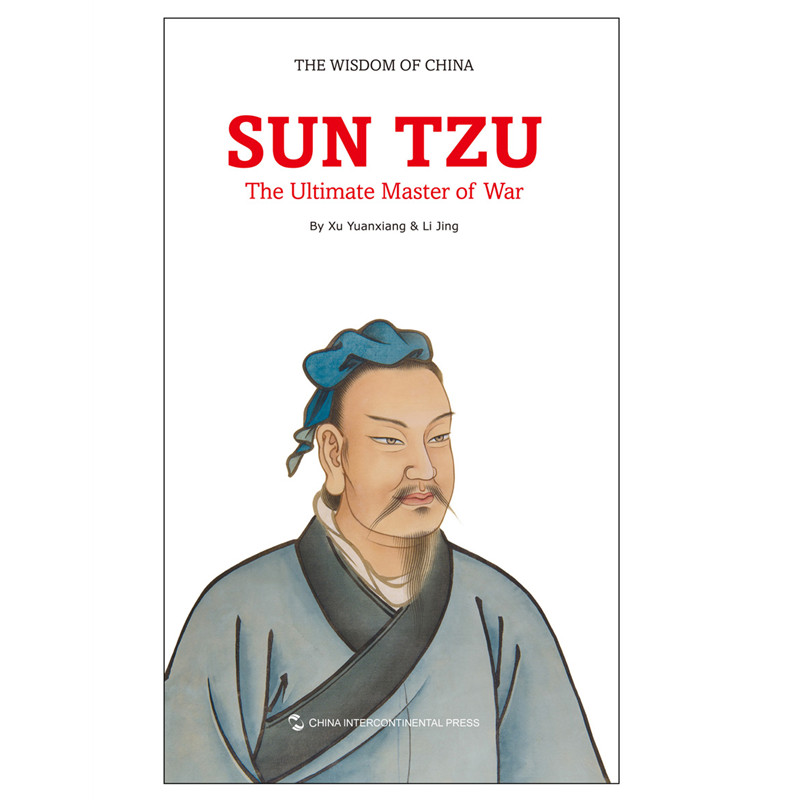





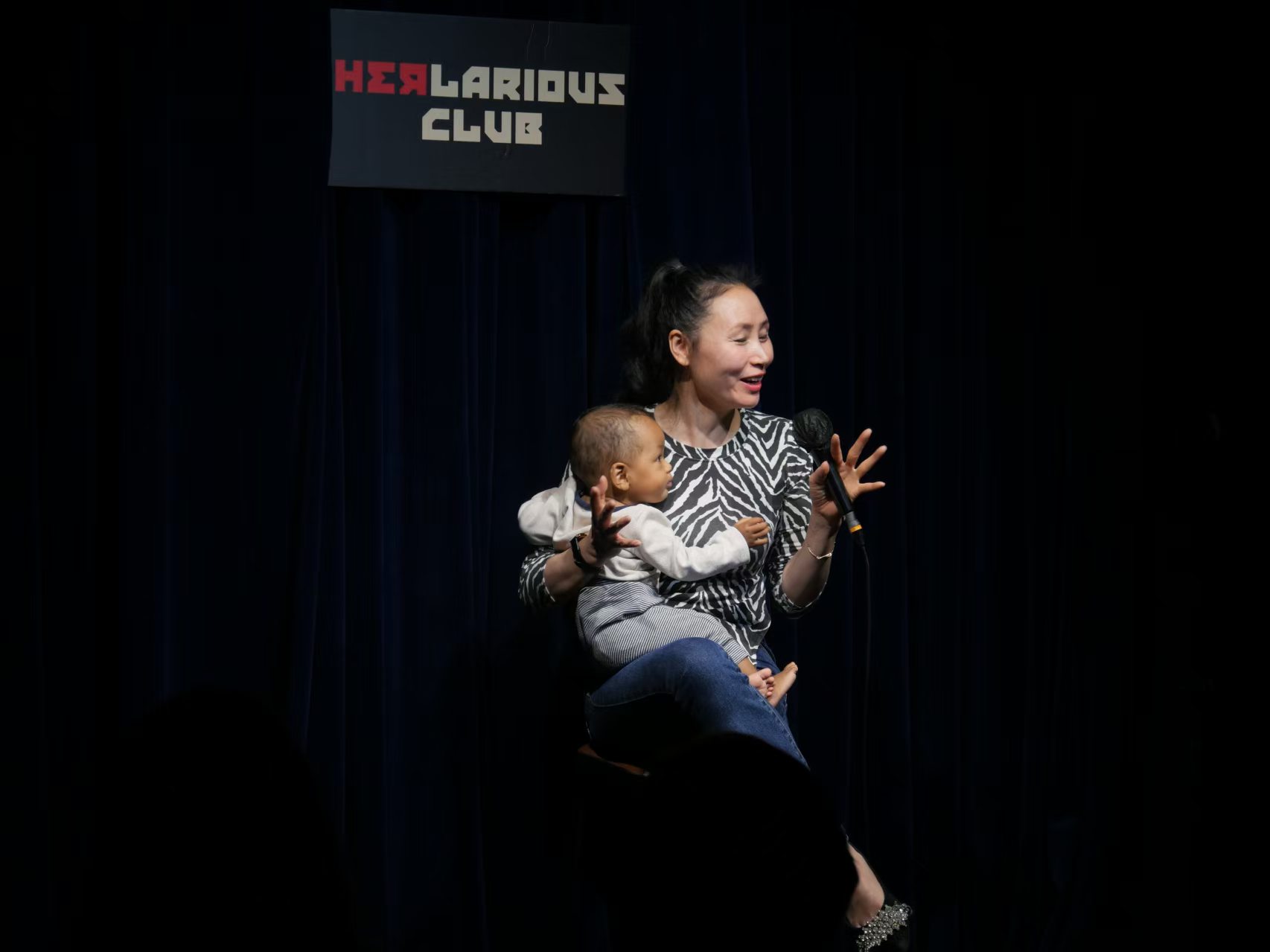










0 User Comments